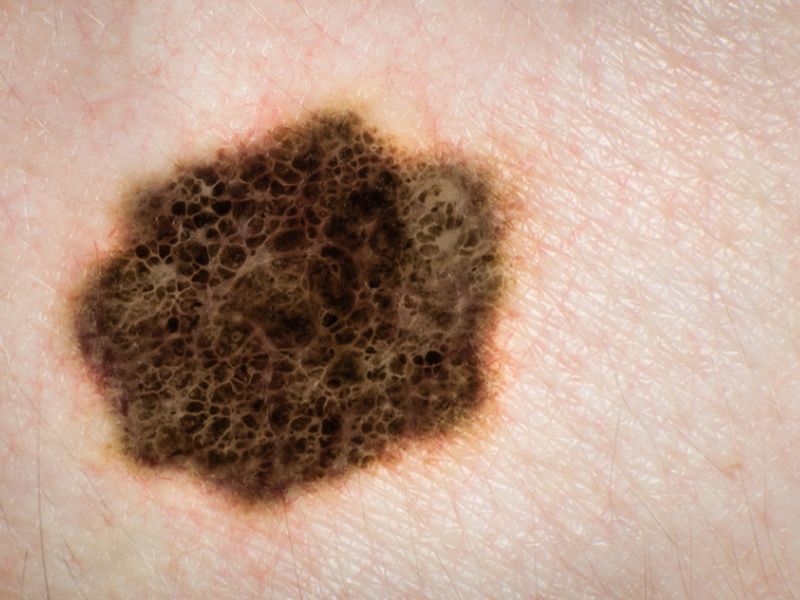Immunotherapy found to be effective against head and neck cancer, Merkel cell carcinoma
In a 1,200-word story, the Washington Post (4/19, McGinley) reports that “new immunotherapy drugs are showing significant and extended effectiveness against a broadening range of cancers, including rare and intractable tumors often caused by viruses.” According to the Post, “Researchers say these advances suggest the treatment approach is poised to become a critical part of the nation’s anti-cancer strategy.” Data from “two new studies” indicate “that the medications...are now having some effect against recurrent, difficult-to-treat head and neck cancer and an extremely lethal skin cancer called Merkel cell carcinoma.” Both studies were presented at the annual meeting of the American Association for Cancer Research. The research on Merkel cell carcinoma was also published online in the New England Journal of Medicine.
Meanwhile, TIME (4/19, Park) reports that research published in the Journal of the American Medical Association suggests that “pembrolizumab...may become an effective treatment that people with late-stage melanoma can try at any time in their disease – before or after other therapies including drugs or chemotherapy or radiation.”

